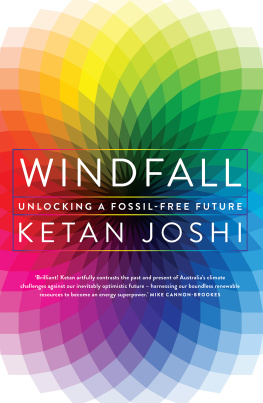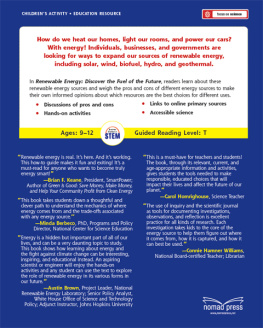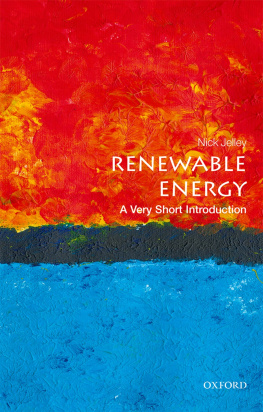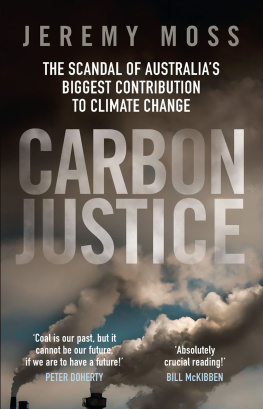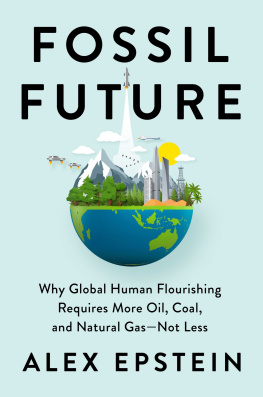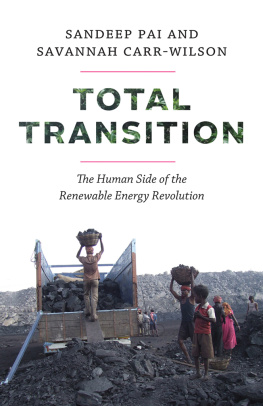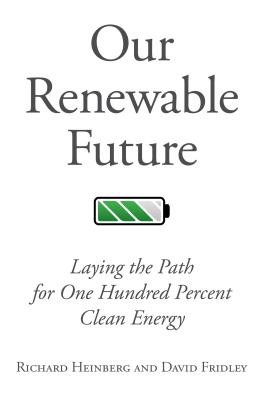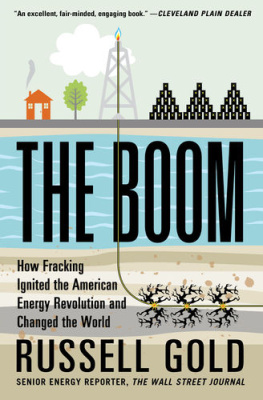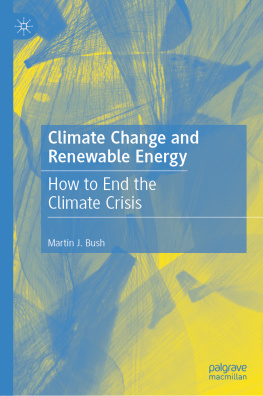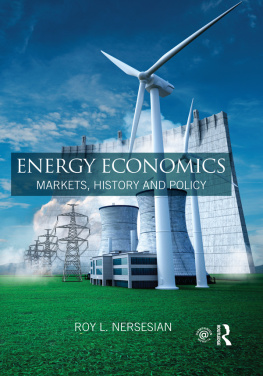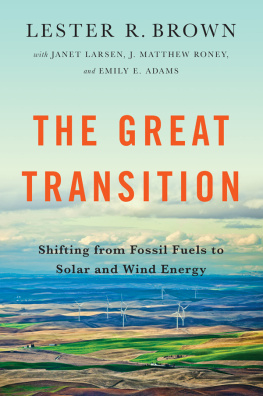Table of Contents
Page List
Guide

For Kim and Amelia.
Perfect people who deserve to live in a beautiful world.
A NewSouth book
Published by
NewSouth Publishing
University of New South Wales Press Ltd
University of New South Wales
Sydney NSW 2052
AUSTRALIA
newsouthpublishing.com
Ketan Joshi 2020
First published 2020
This book is copyright. Apart from any fair dealing for the purpose of private study, research, criticism or review, as permitted under the Copyright Act, no part of this book may be reproduced by any process without written permission. Inquiries should be addressed to the publisher.
 | A catalogue record for this
book is available from the
National Library of Australia |
ISBN9781742236469 (paperback)
9781742244921 (ebook)
9781742249452 (ePDF)
Cover design Peter Long
Cover image Alhovik / Shutterstock
All reasonable efforts were taken to obtain permission to use copyright material reproduced in this book, but in some cases copyright could not be traced. The author welcomes information in this regard.

CONTENTS
INTRODUCTION
The first thing I felt in Australia was the thick grip of bushfire smoke. It clung to the walls of my throat, while a cloud of oven heat covered my face. It was January 1994. We had just flown from London and the experience was a jarring departure from the inert, grey British cold. The air was thick with ash because Australia was in the tail end of a crisis. Australia has not seen a fire of this magnitude in the last 200 years, Phil Koperberg, commissioner of the New South Wales Rural Fire Service, had told the New York Times a week before I arrived. Those fires raged in the heart of Australian suburbs, encroaching far past the bush-suburb interface. Homes in the suburb in which I would eventually grow up, Marsfield, were swallowed by flames. News footage from that week shows people running through smokefilled driveways. I felt like I had landed on a different planet. That catastrophe was winding down when we arrived, but its fingerprint lingered in the air. My first ever crisis.
The dangers we saw were quickly balanced against the incredible experience of the Australian summer. As nervous immigrants, we cautiously dipped our toes in the powerful Australian surf. We picked up bluebottles thinking they were litter and had to be treated by surf lifesavers. We fed rainbow lorikeets in the backyard. I caught wriggling skinks between my fingers and pulled fruit from trees. It was paradise compared to Londons grey and brown concrete. What we did not know is that we arrived in the very first moments of a change. The catastrophic bushfires of 1994 were the beginning of the shattering of a balance when the Australian summer began shifting away from bright blue paradise and towards bushfires that began to ratchet upwards in their threat.
I left Australia when that shift became horribly manifest. My wife scored a job in Oslo, Norway, and the whole family moved there in 2019. Watching the lives of my friends and family from across the world, I expected my first Christmas away from home to be filled with social media posts about sand, water and sky. Instead, cruising through my feeds I saw photographs of Manly beach filled with a thick, brown haze, with the scattered few people braving the toxic air barely visible through the smog. There were photos of backyard swimming pools, but they werent filled with friends and fun they were photos of the layer of black ash and burned plant matter that had settled onto the surface of the pools water. I opened Facebook and saw a post from an old acquaintance a video of her childhood home at the base of a tower of fire reaching high into the brown sky. Friends living on the South Coast of New South Wales wrote about how their son thought bedtime was far earlier in the day, because the sky had been darkened by bushfire smoke. I called my parents and we struggled to talk. Both were coughing badly, impacted by the bushfire smoke blanketing Sydney. My dad had tried to avoid being outdoors, but the alarms in his office had tripped due to the smoke, forcing them all outside into the hazardous atmosphere. Koalas died. Kangaroos died. Volunteer firefighters pictured in articles with their beautiful young, grinning children died. The losses from the 1994 bushfires were surpassed in late November before summer even began. The venue my wife and I were married in, where we danced wildly with our friends and family, was burnt to a crisp. Pictures after the fire show a crumpled heap of rubble. The town my wife and I honeymooned in saw its main street razed, just prior to the close of 2019. The zoo we visited on that trip was emptied of its animals, with monkeys and pandas staying in the home of the zoos director. More people died a firefighter with a heavily pregnant wife; a father and son trapped in an inferno. The cell phone network went down as mobile phone towers burned, and tens of thousands of homes went without power over the New Year. For many Australians, the decade closed amid panic, grieving, fury and loss.
As I watched the disaster unfold from distant Oslo, which was sunny, bright and clear, I felt nothing but guilt and emptiness. Australia became the worlds focal point for the impacts of climate change, as it suffered the most literally hellish, blatantly apocalyptic scenes one could imagine. It was on the front pages of the Norwegian newspapers, and indeed papers across the globe. Well before summer had rolled around in Australia, experts had warned of dangerous bushfires. The Commonwealth Scientific and Industrial Research Organisation began researching this threat in the early 1990s, and influential Australian economist Ross Garnaut wrote in 2008, fire seasons will start earlier, end slightly later, and generally be more intense. This effect increases over time, but should be directly observable by 2020. Before the COVID-19 pandemic hit, Australias bushfires dominated global news. The opening chords of the climate crisis rang out just prior to the fast burn of the pandemic, which hit Australia only weeks after the last fires flickered out.
As short-term crises like pandemics flare up and die out, longer-term crises continue unabated. Australia is experiencing bushfire seasons that are starting earlier, are more intense and ending later. This is because the conditions required for extreme bushfires happen more often. Longer-term seasonal trends (like shifting currents in the Indian Ocean bringing drought) all contribute to fire in Australia. However, among the roiling mix of changing natural factors is a human fingerprint. A signal in the noise. A constant pressure, leaning on the whole system so it tends towards worse conditions. As a consequence, disaster soaks into the lives of far more Australians than ever before, and summer becomes a moment of anxiety, rather than anticipation.
The conditions required for Australia to burn occur more often because the planets climate is changing. Human actions, like burning fossil fuels, the farming of meat and deforestation, have all contributed to an increase in the concentration of greenhouse gases in the planets atmosphere. Theyre naturally occurring they trap heat in the atmosphere, and yes, this heat sustains life on Earth. But too much of a good thing is a bad thing.

